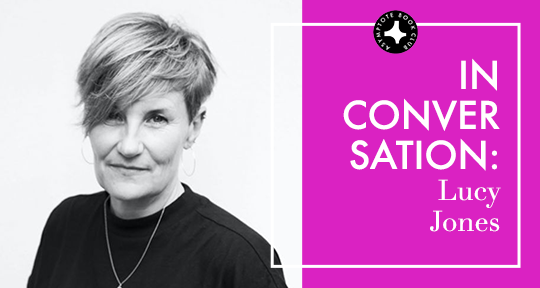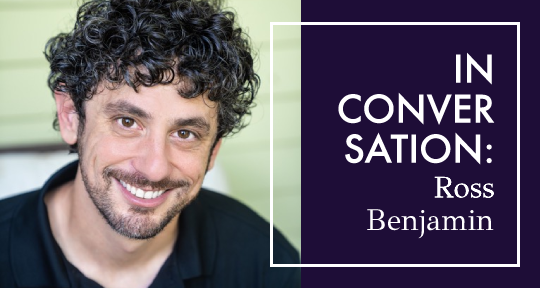In our March Book Club selection, the sharp and passionate voice of German writer Brigitte Reimann paints a tender portrait of post-war Berlin, when the Wall has yet to go up, but lines have already been drawn, and devotions already divided. In an unflinching autofiction that finally sees an English debut after being long-adored in its original language, Reimann uses the materials from her own life to elucidate the deep ruptures carved into family by politics, the bright, early idealism of socialism in East Germany, and the hope that people hold to amidst the most tumultuous times. In this interview with the translator of Siblings, Lucy Jones, we discuss the storied history of Siblings, the political context necessary to this text, and the meeting-place between art and idealism.
The Asymptote Book Club aspires to bring the best in translated fiction every month to readers around the world. You can sign up to receive next month’s selection on our website for as little as USD20 per book; once you’re a member, join our Facebook group for exclusive book club discussions and receive invitations to our members-only Zoom interviews with the author or the translator of each title.
Samantha Siefert (SS): Lucy, Thank you so much for being here to talk with us about Siblings. Can you tell us a little bit more about the road that led you to translation?
Lucy Jones (LJ): It’s probably not a very conventional one. I graduated in German and in German language and literature, and then I actually didn’t do anything with it for a while; I became a photographer. I did photography for about twelve years, and then I came back to translation just after my daughter was born. This is when I went back to the roots of what I started out doing at university.
I started by pairing up with a good friend who translates in the other direction; together, we’re Transfiction. She translates from English to German, and I translate from German to English, and we’ve been going since about 2008.
SS: You’re known for being a huge advocate for Brigitte Reimann’s work. Can you tell us a little bit about your background with her work in particular, how you came to advocate for her, and eventually translate her?
LJ: Translators often do work as literary scouts or something in-between, and I came across Reimann because I was in a seminar for translators in Berlin. There is quite a good infrastructure here, and in that seminar we were visiting different publishing houses. During one visit, I was given a pile of her work, and it was really warmly recommended to me. When I started reading, I realized—especially when I came across her fiction—that it could have been written now as an historical novel. You didn’t have that kind of patina from, you know, a novel from the past. It was more modern, as though it just happened to be set in the past. I found that really striking. READ MORE…



